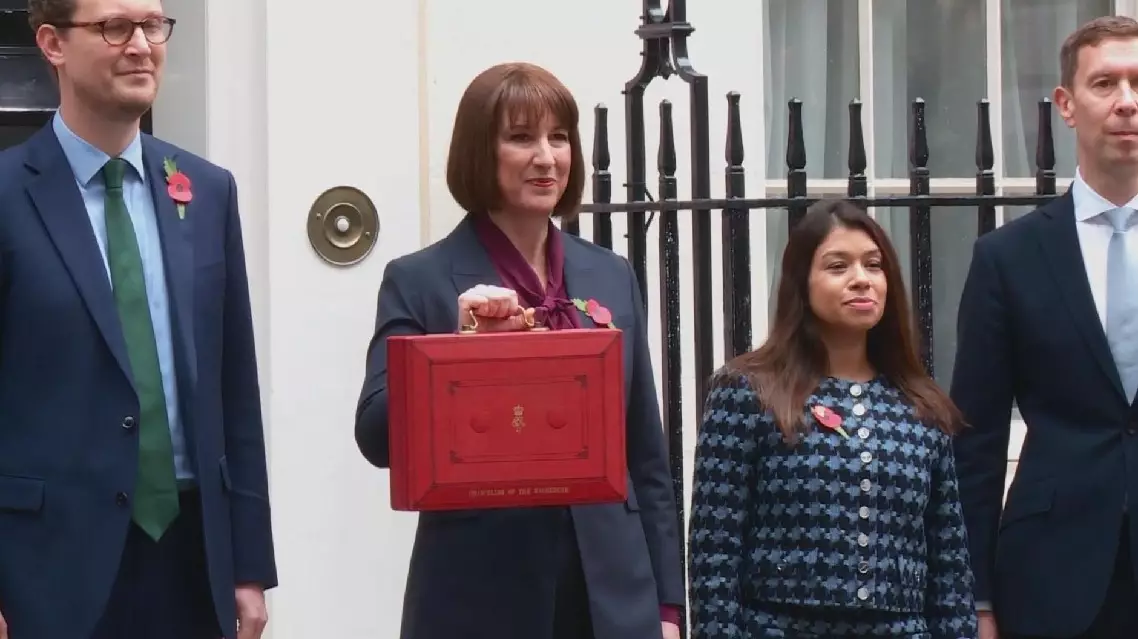The Labour Party government unveiled its first budget on Wednesday, outlining plans to raise taxes by 40 billion pounds a year.
Chancellor of the Exchequer Rachel Reeves presented the budget in the House of Commons, marking Labour Party's first budget since returning to power in July after 14 years.
Despite previous assurances not to raise taxes on working people, the chancellor announced a rise in employers' National Insurance (NI) contributions from 13.8 percent to 15 percent, effective April 2025. Also, the threshold at which employers begin paying NI for employees will be reduced from 9,100 to 5,000 pounds annually.
Together, these changes are projected to generate 25 billion pounds per year for the government.
Capital gains tax will also see an increase, with the lower rate rising from 10 percent to 18 percent and the higher rate from 20 percent to 24 percent, Reeves said.
The national minimum wage for full-time workers aged 21 and over will rise by 6.7 percent to 12.21 pounds an hour, while that for 18 to 20-year-olds will rise from 8.6 to 10 pounds an hour.
Additional tax changes include higher taxes on smoking, the introduction of VAT on private school fees, and the abolition of the non-dom tax regime beginning in April 2025.
In her budget statement, Reeves stressed the importance of investment, saying that the government will deliver "a boost to public investment by over 100 billion pounds over the next five years across roads, rail, schools and hospitals whilst keeping debt on a downward path."
Analysts note that the high debt burden and global economic uncertainty would continue to pose significant challenges for UK fiscal policies.
There are also concerns among the public that the Labour Party's commitment to increasing spending on healthcare and other social services may be difficult to achieve fully amid current fiscal pressures.

UK unveils new budget with tax hikes of 40 bln pounds









